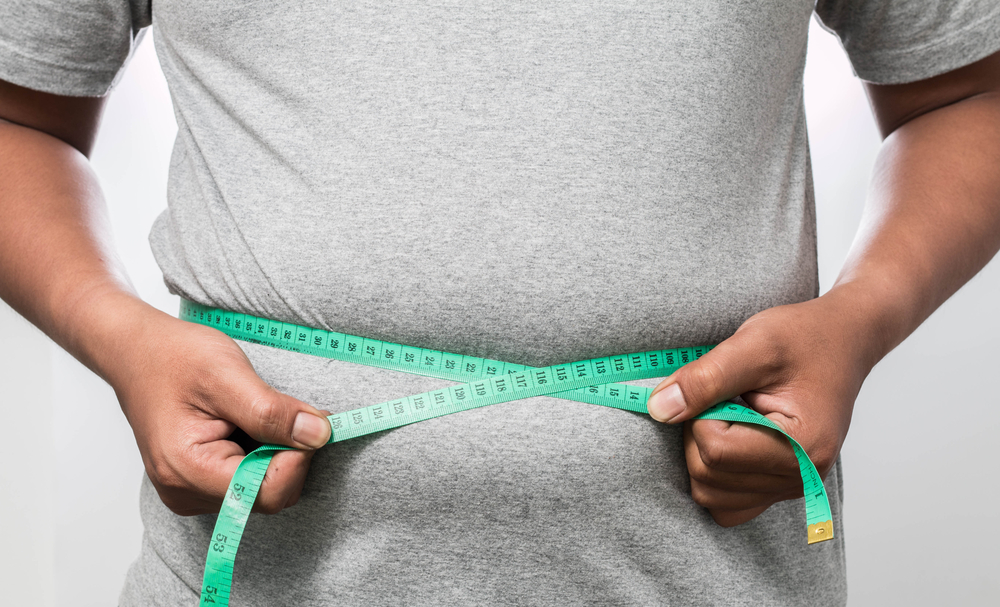Obesity Can Affect Fertility: Here’s how

The human body is a machine that functions optimally only when all individual parts work harmoniously, in good health. Even a single malfunctioning aspect can throw the machinery out of gear. One such example is the ill-effect of obesity or excessive weight. While obesity is a commonly known risk factor for various disorders such as diabetes, cardiovascular diseases, and cancer, it also affects fertility levels in men and women.
Defining infertility and its association with obesity
Infertility is the inability of a couple to conceive after one year of unprotected sexual intercourse. For females above 35 years of age, the duration of unprotected sex decreases to 6 months for conception. After this period, the couple must consult a specialist to find out why they are unable to conceive.
WHO defines obesity as abnormal or excessive fat accumulation that presents a risk to health. A person with a Body Mass Index (BMI) of 30 or more is generally considered obese while a person with a BMI equal to or more than 25 is considered overweight. Once considered a disorder of high-income countries, obesity has dramatically risen in low- and middle-income countries in recent years.
Obesity can cause infertility by misbalancing hormones and resulting in problems with ovulation. Additionally, it raises the chances of certain risks associated with pregnancy, such miscarriage, gestational diabetes, hypertension, infection, and stillbirth, among others.
How obesity affects fertility adversely:
[show_more more=”Continue Reading ▼” less=”Show Less ▲”]
- Obesity affects hormones: An increase in BMI above 30 may cause hormonal changes in the body that can affect the chances of conception. In particular, oestrogen is produced in high quantity in obese females. Oestrogen is primarily produced by the ovary but 30% of it is also produced by fat cells. More fat cells in obese females produce more oestrogen, which can prevent regular ovulation or may cause no ovulation at all.
- Obesity results in insulin resistance: The hormonal imbalance caused by obesity often leads to insulin resistance. Insulin resistance is mostly related to diabetes but it also affects fertility by creating abnormalities in the menstrual cycle. Insulin resistance can also lead to anovulation – a condition where no egg is produced during the menstrual cycle.
- Obesity can be a hurdle in natural as well as assisted pregnancies: Obesity affects chances of conception in both natural and assisted pregnancies. It impairs the success rates for fertility treatments such as IVF and ART. This is due to the abnormalities caused by obesity, such as hormonal imbalance and anovulation.
- Obesity is associated with hormonal and endocrine conditions: Obesity is often associated with hormonal conditions like PCOS, insulin resistance, metabolic syndrome, and excessive testosterone that can decrease fertility to a great extent.
- Obesity in males affect male fertility: Obesity in males affects their fertility too. It can decrease the levels of testosterone, follicle stimulating hormone, Inhibin B, and sex hormone binding globulin. This may cause low sperm count/quality and lead to infertility. Moreover, erectile dysfunction (a common cause of infertility) is much more common in obese males.
How to find out if I’m obese?
BMI is the most common and reliable indicator to find out if a couple is at the right weight before trying to conceive.
BMI = kg/m2 where kg is a person’s weight in kilograms and m2 is their height in metres squared
To calculate your BMI, divide your weight in kilograms (kg) by your height in metres (m), then divide the answer by your height again to get your BMI.
Interpretation of BMI values:
- A normal and healthy BMI is between 19 and 24
- BMI equal to or more than 25 is considered overweight
- BMI of 30 or more is considered obese
So before planning to conceive, a couple must evaluate their BMI to find out their suitability. If either or both are obese, a dedicated routine of healthy eating and regular exercise should be followed to reduce weight for positive conception. Even a 5% drop in body weight can increase ovulation rates and reduce biochemical abnormalities to brighten the chances of pregnancy.
Of course, maintaining an ideal weight must be everyone’s target to stay healthy and disease-free, and not only for conception. [/show_more]













